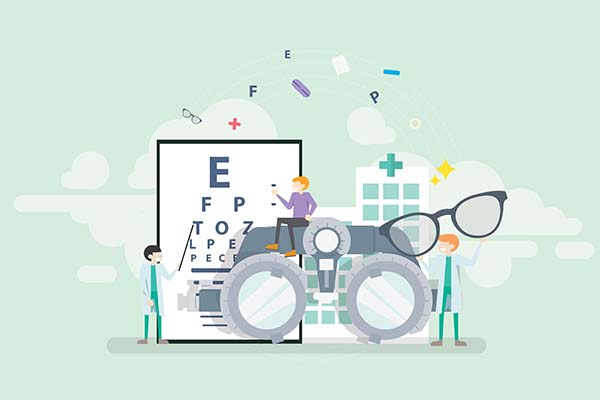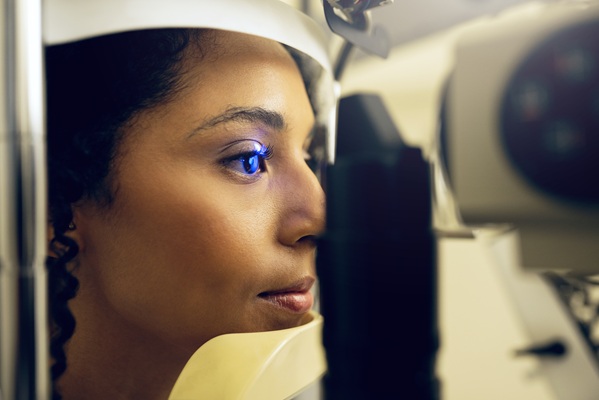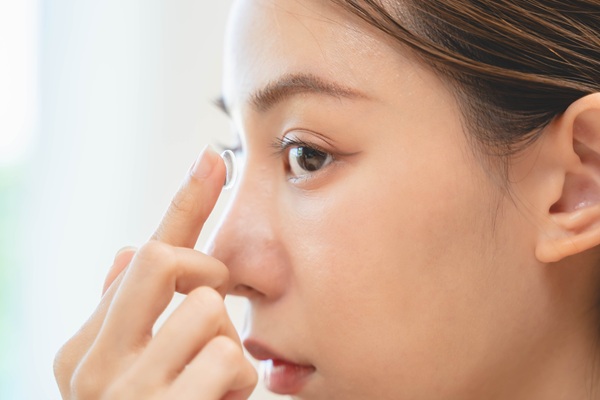What Services Fall Under Optometry?

When was your last eye exam? Read on to learn about how regularly visiting an optometry office is an important part of maintaining overall health. The health of the eyes is something that often gets overlooked and neglected. However, eye conditions can quickly become very serious, and they should never be ignored. Additionally, one's vision can change over the course of a lifetime, typically for the worse, which is another reason that seeing an optometrist on a regular basis is crucial.
It is a good idea to undergo regular eye examinations, and this important assessment is one of the many ways an eye doctor helps people care for their eyesight. Keep reading to find out about some other services that are offered at an optometry office.
What are optometry services?
Outlined below are some of the most common issues addressed at an optometry office. Optometrists, also known as eye doctors, help patients manage the health of their eyes. They are also responsible for detecting conditions or abnormalities of the eyes that patients might not recognize on their own.
Routine eye exams
One of the most common reasons that people may visit an optometry office is for a routine eye exam, which should be completed annually, especially if there is a history of eye problems.
A routine eye exam from an optometrist is relatively simple and straightforward. The patient undergoes a visual assessment, as well as a pressure test. The vision test determines how well the patient can see, and the pressure measurement helps detect any abnormalities in the eyes such as glaucoma. Color vision tests are typically done to ensure that there are no related issues. Additionally, the optometrist will discuss any other health conditions that may relate to the health of the eyes.
Glasses or contacts
Another common service that an optometry office offers is determining prescriptions for glasses or contacts. Patients wanting to receive prescriptions for either one will have to undergo a simple eye exam before the optometrist can determine the proper corrective lenses. However, if the exam confirms that the eyes require a visual aid, the patient can expect to receive contacts or glasses to improve eyesight. Annual exams may be required to alter or adjust the prescription as time passes.
Often, it is wondered which is better when it comes to glasses or contacts. This is another service that an optometry office can aid with. There is not one good answer when it comes to which is better; it simply comes down to the patient's preference, as well as, the recommendation of the eye doctor. For example, some might benefit from glasses if they struggle with touching the eyes. On the flip side, those who lose things easily may prefer contacts as they do not come on and off as glasses do.
General eye care
Optometry offices also provide patients with general eye care. Some patients have extremely sensitive eyes or surroundings that may require additional attention. For example, those with severe allergies may suffer from symptoms related to the eyes. In these scenarios, optometrists can supply patients with solutions or prescription eye drops to help keep the eyes clean and healthy. The optometrist can also recommend suitable protective eyewear to keep the eyes shielded from elements that may cause flare-ups.
Glaucoma or cataract treatment
Two common eye conditions are glaucoma and cataracts, both of which can become very serious if they go untreated. The doctors at an optometry office typically offer treatment for both conditions. Glaucoma can be addressed early by lowering the intraocular pressure, which may involve eye drops or medications. In some cases, laser therapy or surgery may become necessary. In this case, the attention of an eye surgeon might be required too.
Cataracts, on the other hand, tend to be more involved, especially as they progress and cause blurred vision. In most cases, surgery is required to address this clouding of the eye lens. In addition to surgery, other methods of treatment might be required, such as special eyewear and prescription drops.
Ready to get started?
Do you want to know more about available optometry services? Our team of experienced eye doctors will be happy to explain their evaluation and treatment procedures and answer any questions. The health of the eyes is extremely important, making regular eye examinations and prompt treatment of any problems urgent. Give us a call today to make an appointment or stop by our office. We want to help keep your eyes in good shape.
Get more information here: https://www.texasoptical.net or call Texas Optical at (214) 771-7333
Check out what others are saying about our services on Yelp: Read our Yelp reviews.
Recent Posts
For those living with diabetes, undergoing a diabetic eye exam is one of the most important steps in protecting their vision and overall eye health. High blood sugar levels can lead to a range of complications, including conditions that damage the eyes over time. These exams help detect these issues before they become serious, allowing…
Contact lenses provide clear vision and convenience for individuals who prefer an alternative to eyeglasses. However, proper care and maintenance are essential to prevent infections, irritation, and eye damage. Neglecting hygiene practices can lead to serious eye conditions, including corneal ulcers and keratitis. Understanding how to clean, store, and handle contact lenses ensures long-term eye…
Maintaining eye health and preventing long-term issues is the result of consistent and quality vision care. Many people focus on overall wellness but may overlook daily habits that support healthy eyesight. However, taking simple steps each day can protect vision, reduce eye strain, and prevent future complications. By making eye health a priority, it is…
Prescription contacts provide vision correction, comfort, and convenience for those who do not want to wear glasses. However, caring for and wearing contacts takes some getting used to. Learning to insert, remove, and maintain them will help ensure a comfortable and safe experience.Not all contact lenses are the same, and choosing the right pair is…


